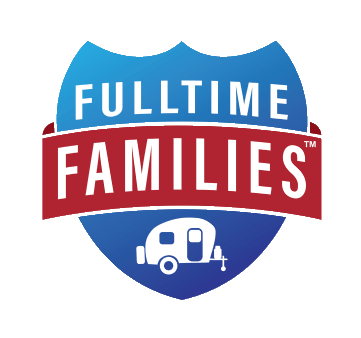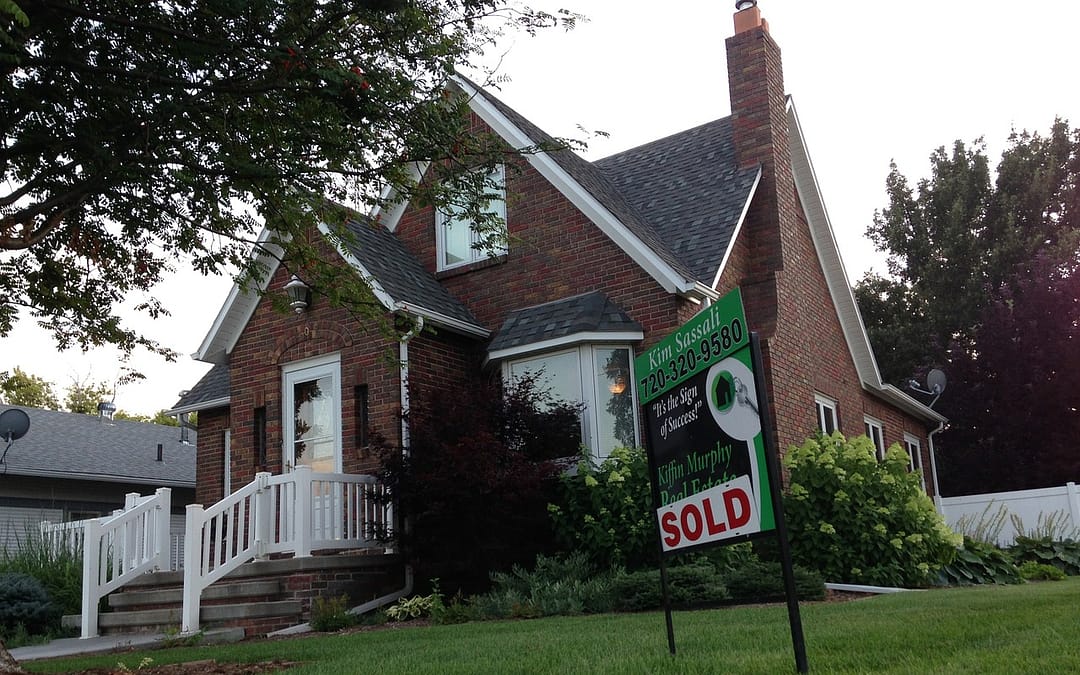Transitioning from a traditional house to the RV lifestyle is a pretty big deal. It comes with a lot of downsizing and forces you to change the way you go about your days in a lot of different ways. Fortunately, there is plenty of information floating around on the internet to help folks through this transition.
What many people don’t talk about is transitioning back—that is, settling down after traveling full-time.
Perhaps this transition is less glamorous, or maybe it’s because people assume that if you lived in a sticks-and-bricks home before, going back to it will be no big deal. However, the truth of the matter is that this is also a big transition, and the people making such a transition need just as much advice and support as those jumping into the world of RVing.
For this reason, we’ve taken it upon ourselves to create a post that offers a little peek into what this transition might be like. We’ve interviewed three different former RVers to find out what tidbits they’d tell someone planning their life after full-time RV living.
Whether you’re considering moving back into a stationary home soon, or just wonder what the process might be like, this is the article for you.
Why did you decide to go off the road?
The first question many ask is, “Why do people quit RV life?” This is a valid question. After all, full-time travel is a dream come true, right? What would make them decide on settling down after traveling full time?
Honestly, there are many reasons for settling down after traveling. In some cases, the truth of the matter is that the RV life wasn’t the “dream come true” a family thought it would be. This was the case for Lindsay Banik and her family. “We got back to our hometown and missed our friends and family,” Lindsay shares. “We had many breakdowns with our RV and were feeling defeated.”
That said, most of the time, a family’s reasons for quitting nomad life are related to a change in the family’s needs. “We told ourselves from the beginning that we’d travel for as long as it was working for everyone,” Ken Stuber explains. “As soon as any one of us wasn’t thriving, we’d call it quits.
“Our son was 4 when we started, so we didn’t focus on schooling much at the beginning since he was so young. We slowly introduced homeschooling, but as he approached 7 and we were on our sailboat, we realized that it was a much bigger struggle than we expected. Homeschooling—and therefore full-time travel—wasn’t working for him, so we had to call it quits. We decided to settle down for a while to enroll him in a Montessori to help him get caught up and then figure out whether we want to resume homeschooling.”
The Boudreaux family also made the decision to settle down due to changing needs. “We took a camp hosting job in our ‘home area’ so we could help launch our oldest child (20 years old) into her adult life,” says Doug Boudreaux. “We didn’t like the thought of just ‘dropping’ her off, and decided to invest in a home base and stick around for a bit. We saw it as a good chance to see which lifestyle we preferred.”
What are some tips for settling down after traveling?
There are many things to consider when settling down after traveling.
For instance, all three of the people we interviewed mentioned the need to furnish a house after getting rid of all of their big items.
Ken says his budget wasn’t quite enough for replacing everything, so budgeting more than you think you need is probably a good idea.
Additionally, Doug offers this awesome tip: “Since we sold just about everything to hit the road, we did not have the things to furnish a house. We went back to the same platform that helped us sell everything and found most everything we needed on the Facebook Marketplace or Craigslist.”
Lindsay’s big tips were unexpected, but practical: “Make sure whatever road your new house is on fits your RV,” she says. “We barely made it in with our fifth wheel on moving day. We had to knock on our new neighbors’ doors and ask them to move vehicles. Also, make sure you have a plan in place to store your RV if you’re not selling it. Assume you won’t really use it once you move into a house—that was our reality. Even though we had hopes of using it locally, we didn’t.”
Ken also has some great tips to share: “To the degree that you can see the need to settle down coming, try to have a plan, both financially and personally,” he says. “Do you want to rent or buy? If you think you may travel full-time again, and want to buy, maybe think about the rental potential of the place you buy, and so forth.
“Also, if you have the freedom, pick the location you settle carefully. When you’re used to traveling, it’s easy to get tired of a place, so picking a place with a lot of variety, interesting things to do, great community, and weather is important.”
Of course, you’ll also want to take into account the amount of time it can take to find a house and secure a mortgage. Staying in your RV during this time will likely be necessary, and this makes having a place to park important. Once you’ve found a good home to settle down, it’s best for you to search for movers near me because they can help you out in packing and moving your items
Lastly, some people mentioned having trouble selling their RVs. This is definitely something to keep in mind. Renting your RV while waiting for it to sell is one option. You could also choose to rent the RV and avoid selling entirely, especially if you plan to hit the road again in the future.
What do you miss about RVing?
While there can be many good reasons for some to leave the RV lifestyle, there are also a whole lot of things to miss about living the nomad life. Knowing what you might miss going in can help you make a plan to cope with your emotions, and may even give you the opportunity to hold onto the aspects of RV life you love most.
We asked our interviewees what they miss most about RV life, and their answers were surprisingly similar.
“The community! We made some lifelong friends on the road, and miss that the most,” Doug tells us.
Meanwhile, Ken’s answer was a bit longer, but told the same story: “I thought it would be the travel and seeing new places, but it’s been the sense of community that FtF brought. We stay in touch with many of our full-time friends, but it’s not the same as watching the kids play on the B-field at TTO or a spontaneous potluck once the number of FtF’s in a random campground reaches critical mass.”
Lindsay does have a bit to add to that thought, giving those who will be leaving the RV life a bit more to think about: “[I miss] being able to fully, really take charge of your life, making your own schedule and decisions, not being bogged down by the day-to-day schedule that our culture has set for us,” she shares. “Also, I loved the camaraderie; the community really wants to get to know each other.”
What do you love about having a house?
What makes missing these things worthwhile? Lindsay answers, “It’s big and we can let the kids run around inside even if the weather is bad!”
“Travel and homeschooling takes planning and work,” Ken says when asked the same question. “So, oddly, I find myself with more free time now and I’ve had a chance to read for pleasure more.”
Finally, Doug gives his own thoughts on the matter. “As a family of 7, even our 40-foot fifth wheel lacked personal space. More space has been great for us. We love the area we are in, and have been enjoying the things we missed while on the road, like spending the winter skiing and snowboarding at our favorite ski area.”
Do you have plans to travel full-time again?
It’s a well known fact that once you’re bitten by the travel bug, it can be pretty difficult to shake. Because of this, quitting nomad life and settling down after traveling is often not permanent. Keeping this in mind as you settle down might just make the process easier.
So will our friends be exploring the world any more after settling down in stationary homes? Let’s ask them.
“Nothing definite, but we have a vague notion that we’re not done travelling,” Ken shares. “Whether it’ll be by RV, back in our sailboat, or something more international, we don’t know—but we’ll most likely be back out there in a few years.”
Doug has a similar response: “We definitely plan to hit the road again. Whether it’s part-time, full-time, or for extended trips remains to be seen,” he says. “But we loved the RV lifestyle and will continue it in one way or another.”
Lastly, Lindsay has a very definite answer and is excited to share it. “Yes!” she tells us. “We’ve missed it so much, we decided to buy a new RV instead of a house and give it another go-around. See ya out there, Fulltime Families friends!”
Join Fulltime Families
Fulltime Families Members get access to the best resources, community and discounts.

